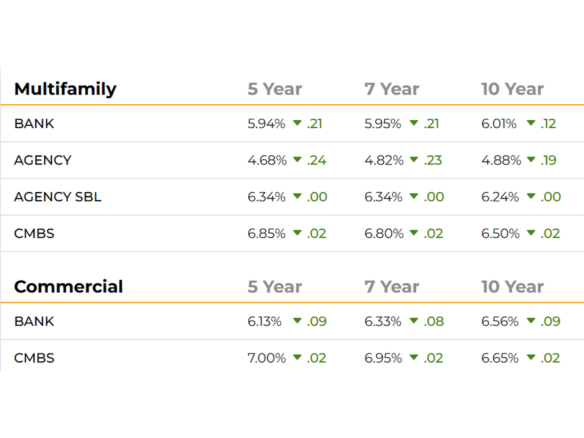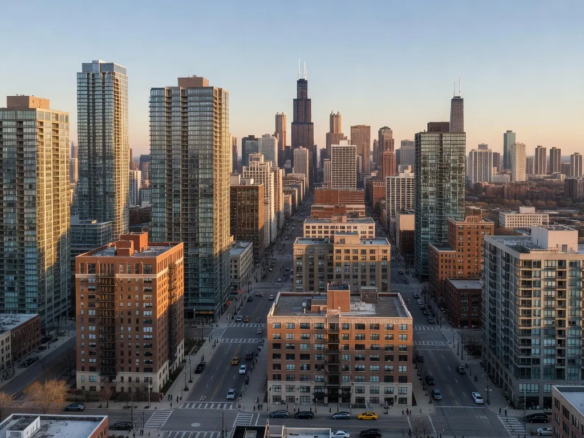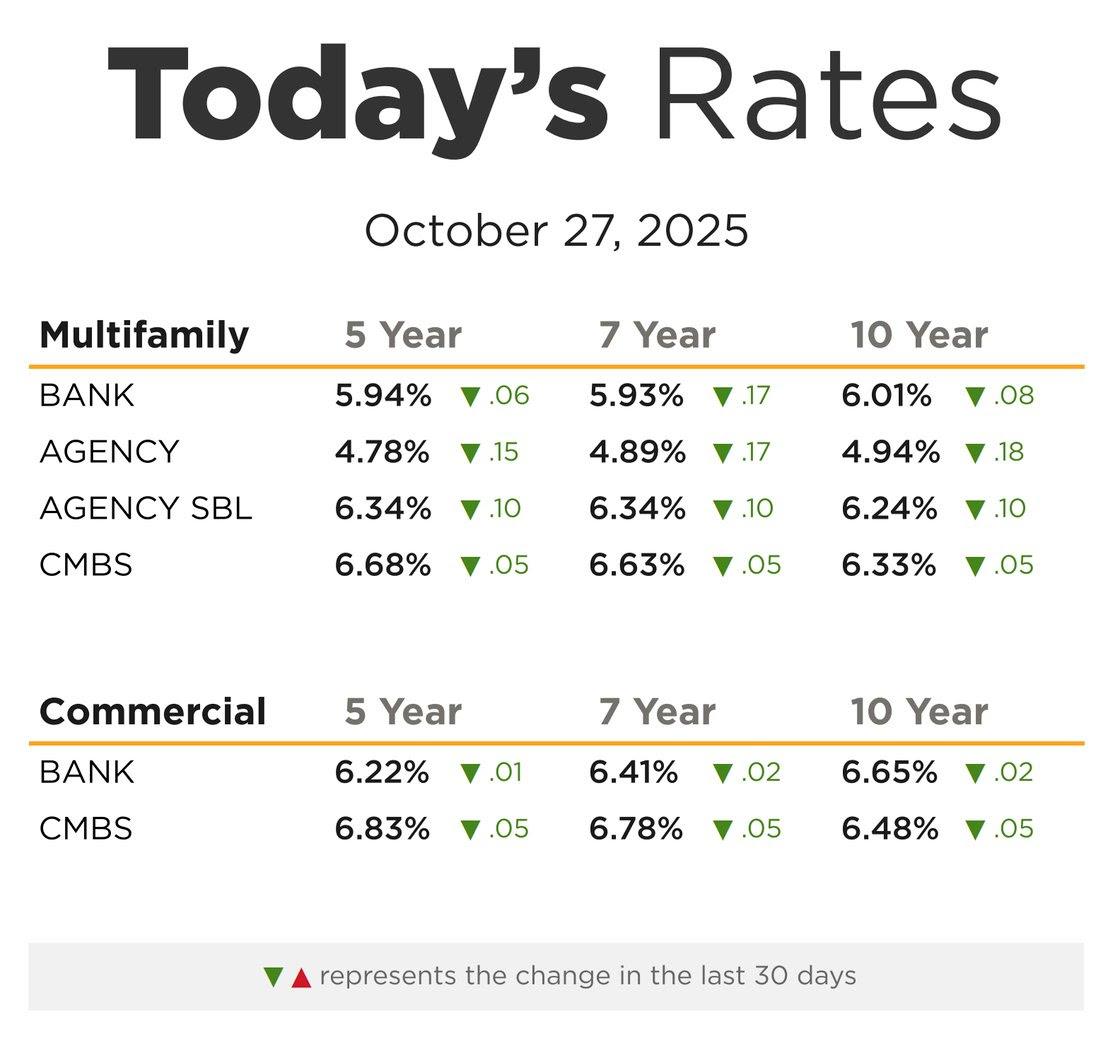Annual multifamily rent growth has hovered around 1% for about a year following a rapid deceleration in 2021 and 2022.
The U.S. multifamily market has enjoyed the smallest supply-demand gap in 11 quarters as it absorbed 170,000 units during the second quarter on 180,000 new units delivered. Vacancy remained stable from the first quarter at 7.8%, marking the first quarter in almost 3 years that vacancy has not risen, according to a report on 2Q multifamily rent trends by Apartments.com.
Asking rent growth dipped slightly year over year during June to 0.9% compared with 1% growth in the four prior months, although month-to-month rent growth decelerated to 0.1% after three months of 0.4% growth. Annual rent growth has hovered around 1% for about a year following a rapid deceleration in 2021 and 2022.
Both Midwest and Northeast markets turned in a strong performance with rent growth of 2.4% over the past four quarters. These markets have benefited from avoiding oversupply conditions, the report said. Western markets posted rent growth of 0.5% on weak demand and elevated completions, and heavy oversupply conditions in the South kept annual rent growth at zero, according to the report.
Louisville, Kentucky, posted the strongest annual asking rent growth of the top 50 markets nationwide at 4.9%, followed closely by Cleveland and Washington, D.C. Meanwhile, rents fell by 5.7% in Austin, Texas, while rent losses ranged from 3.1% to 2.2% in Tucson, Arizona; Raleigh, North Carolina; Jacksonville, Florida; and Atlanta. Eight of the bottom ten performing markets are in the South, where supply-demand imbalances remain a challenge, said Apartments.com.
Most new supply in multifamily is aimed at the luxury market (4- and 5-star units), which led absorption with just over 123,000 units for the quarter. However, rent growth was stronger in the mid-priced 3-star property market at 1.5% compared with the luxury market where rents grew only 0.2% at the end of June. Net absorption in the 3-star market was 43,000 during the second quarter, up from 33,000 units in the first three months. Improving consumer confidence, lower inflation and sustained economic expansion helped boost 3-star demand, the report said.
Those factors also boosted demand for 1- and 2-star properties, which posted positive absorption for the first time in 2 years. Households at this price point struggled in 2022 and 2023 with higher housing costs and the elevated costs of everyday items, pushing some to seek alternative housing solutions such as moving in with roommates or returning to the family home.
The multifamily market is projected to add 574,000 units in 2024, which is only a slight pullback from the prior year’s record. Markets in the South and luxury properties remain most at risk for weakness due to oversupply conditions, while Midwest and Northeast locations and mid-priced 3-star properties could outperform, the report said.
Source: Midwest, Northeast Highlight Improving Multifamily Market
Receive Market Insights
Periodic analysis on rents, pricing, cap rates, and transaction activity across Chicago and key suburban markets.





